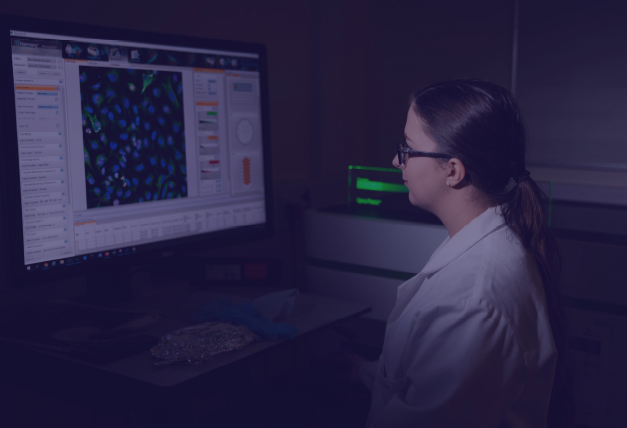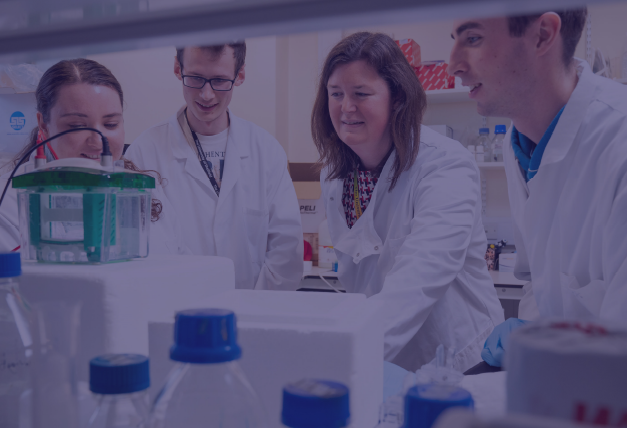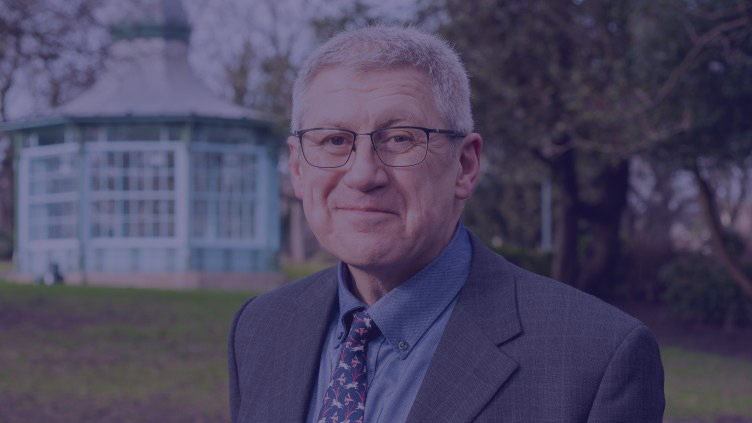
Back the next breakthrough
Pioneering research at the University of Sheffield is transforming our understanding of Parkinson’s disease. You can help reach a breakthrough sooner and improve the lives of patients long into the future.
Research that targets the root causes of the disease
Muscle stiffness, tremor, slow movement, troublesome non-motor problems: they have a huge impact on the lives of Parkinson’s patients. Yet for over 50 years, one-size-fits-all treatments have simply masked the symptoms of Parkinson's. Currently, there’s no cure and no way to stop it from getting any worse.
With your help, we’re working to change that. By understanding the causes of the disease for different patients, the University of Sheffield is developing personalised treatments and finding a new way forward for patients. We've already made a promising breakthrough, identifying compounds that have the potential to slow its progression.
A Sheffield approach to a global problem
The University of Sheffield’s Neuroscience Institute is an international centre of excellence that attracts considerable support from research councils, charities and industry partners. Close collaboration between scientists and doctors is a key strength. This bench-to-bedside approach is unique.
Facilities such as the Sheffield Institute for Translational Neuroscience (SITraN), the UK’s only neurological NIHR Biomedical Research Centre (BRC) and advanced MRI-PET imaging technology (Sheffield Scanner) on campus also give the University the edge in developing new treatments, more quickly.
Your support will make a real difference:
£25
helps to transform a patient’s skin cells into brain cells for non-invasive testing
£50
covers the cost of a clinical trial for a day, accelerating the discovery of new therapies
£100
will fund training for the next generation of expert researchers
Professor Oliver Bandmann,
Professor of Movement Disorders Neurology, Department of Neuroscience
“The work we’re doing at Sheffield now means that in the future, we’ll apply a ‘precision medicine’ approach to Parkinson’s. We'll no longer have to treat all patients in exactly the same way. This will be a huge leap forward for people suffering with this incurable brain disease.”
Andrew Myers
Parkinson's Patient and Sheffield Graduate
“If the disease could be delayed in its progression, it would give me more time to do the things I hoped I’d be doing at this stage in my life. The research being undertaken at Sheffield could be life-changing for hundreds of thousands, if not millions of people affected by Parkinson’s”





